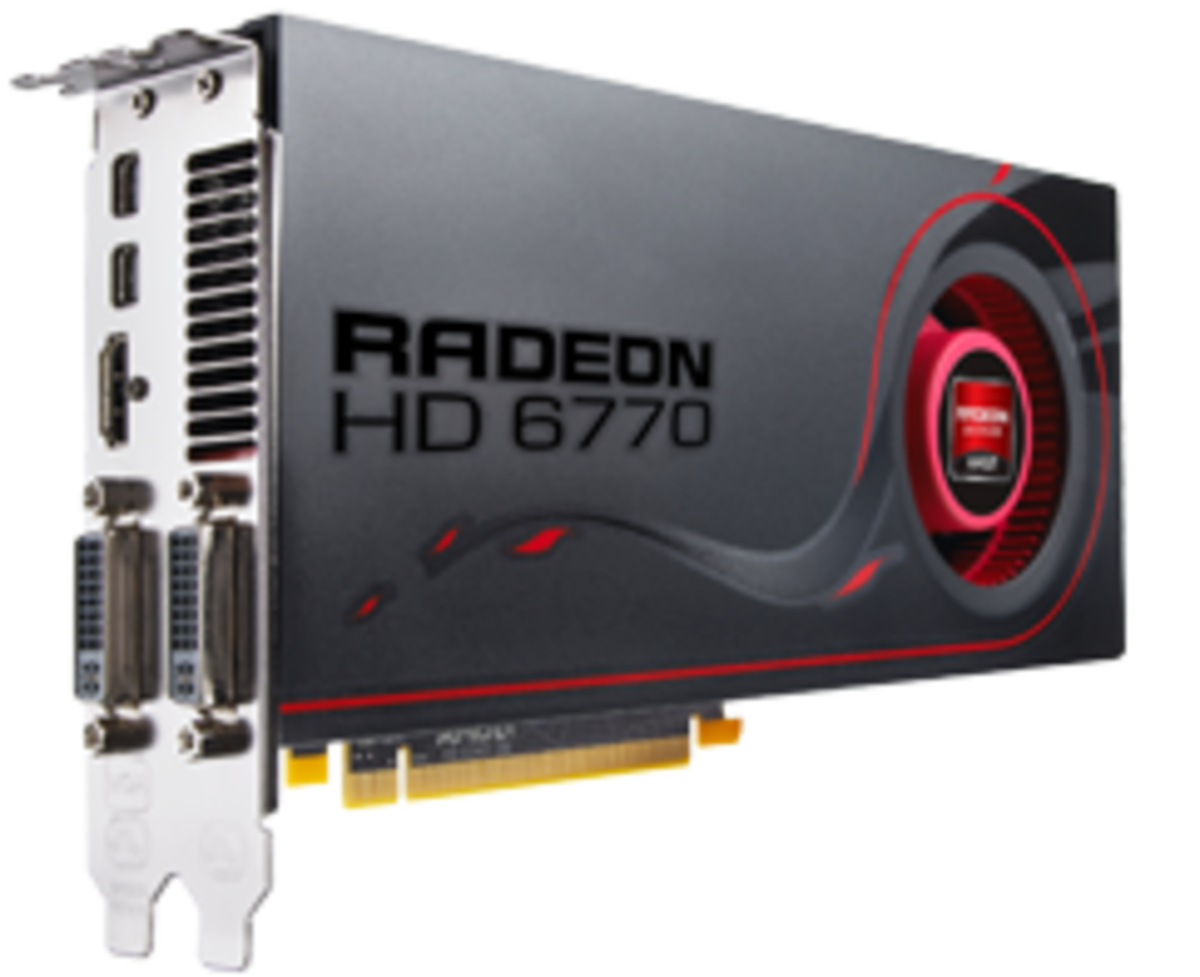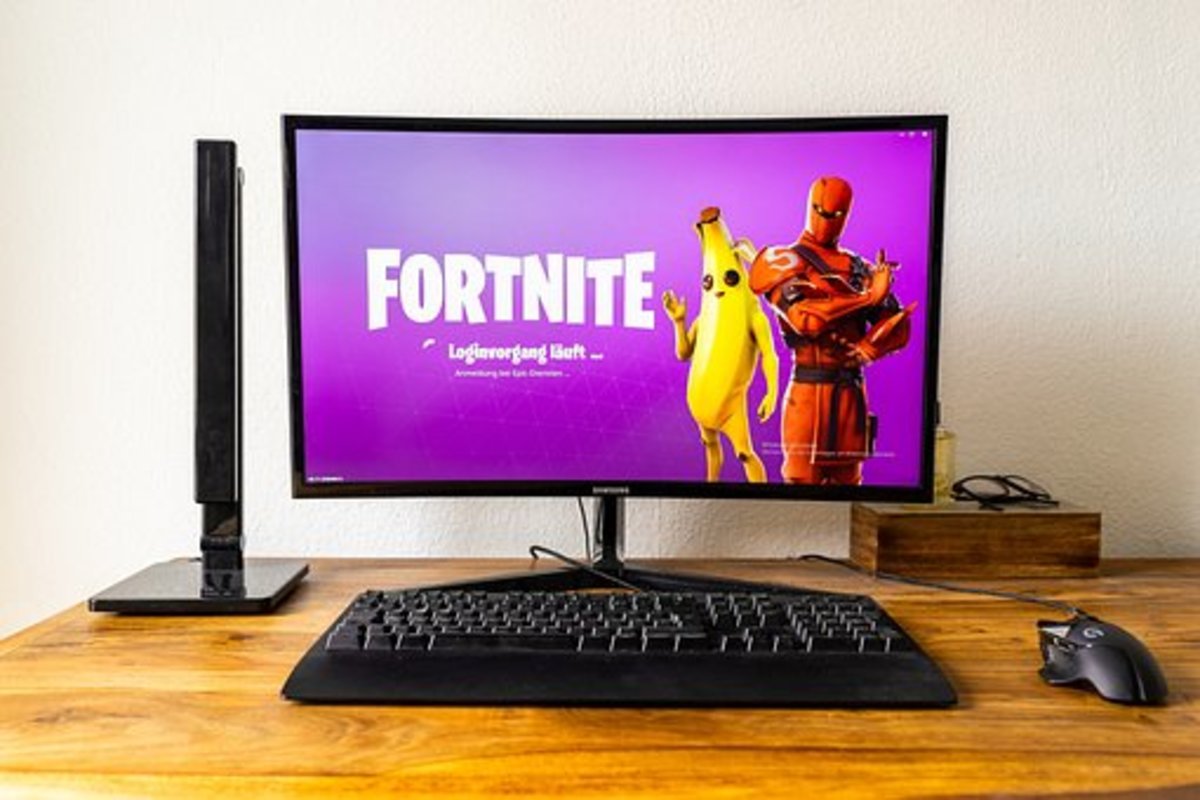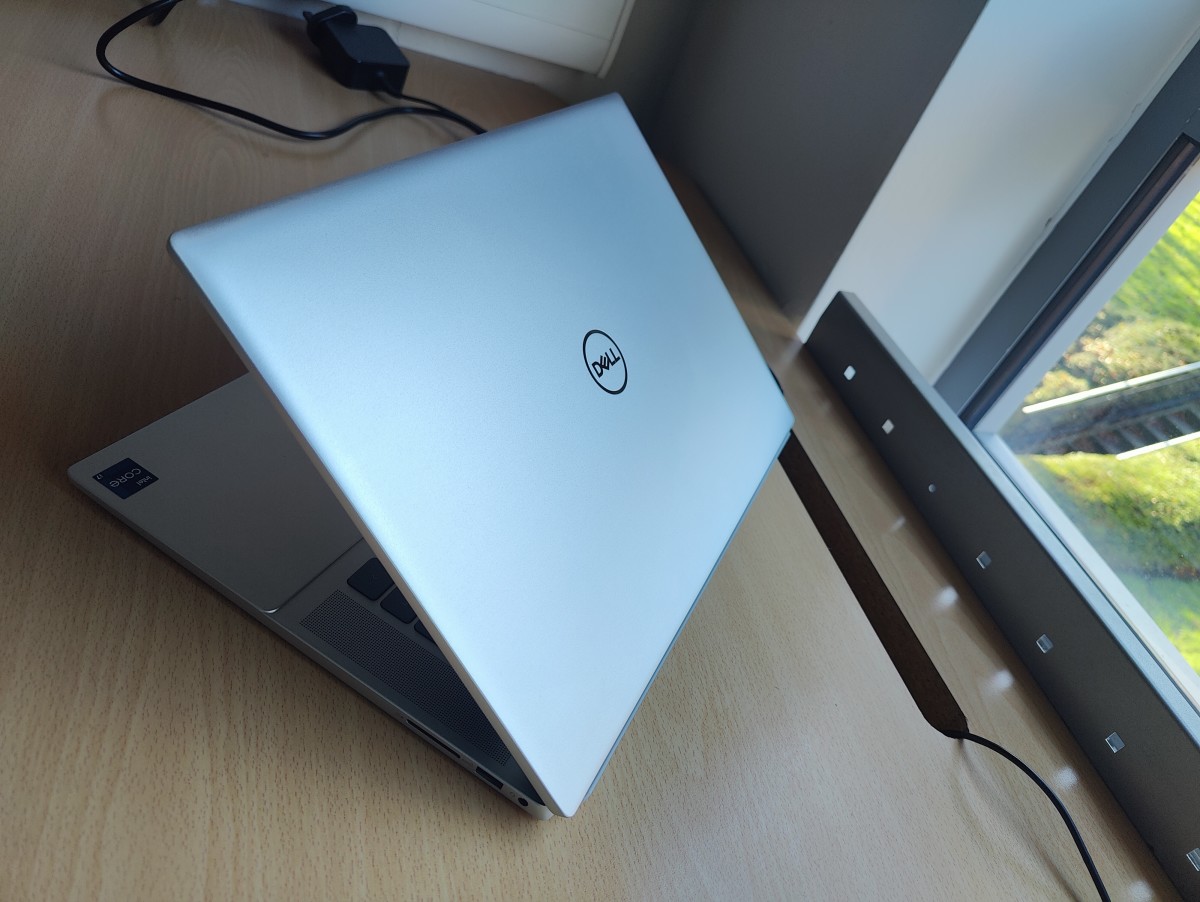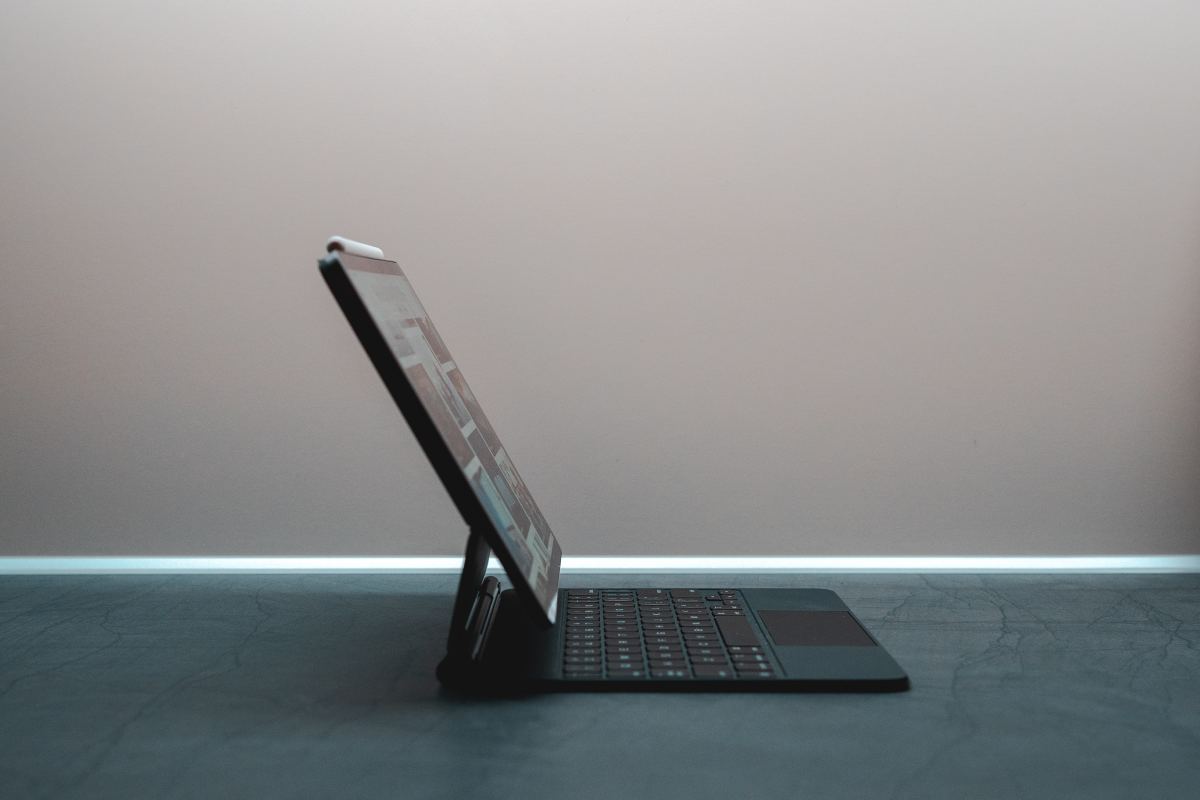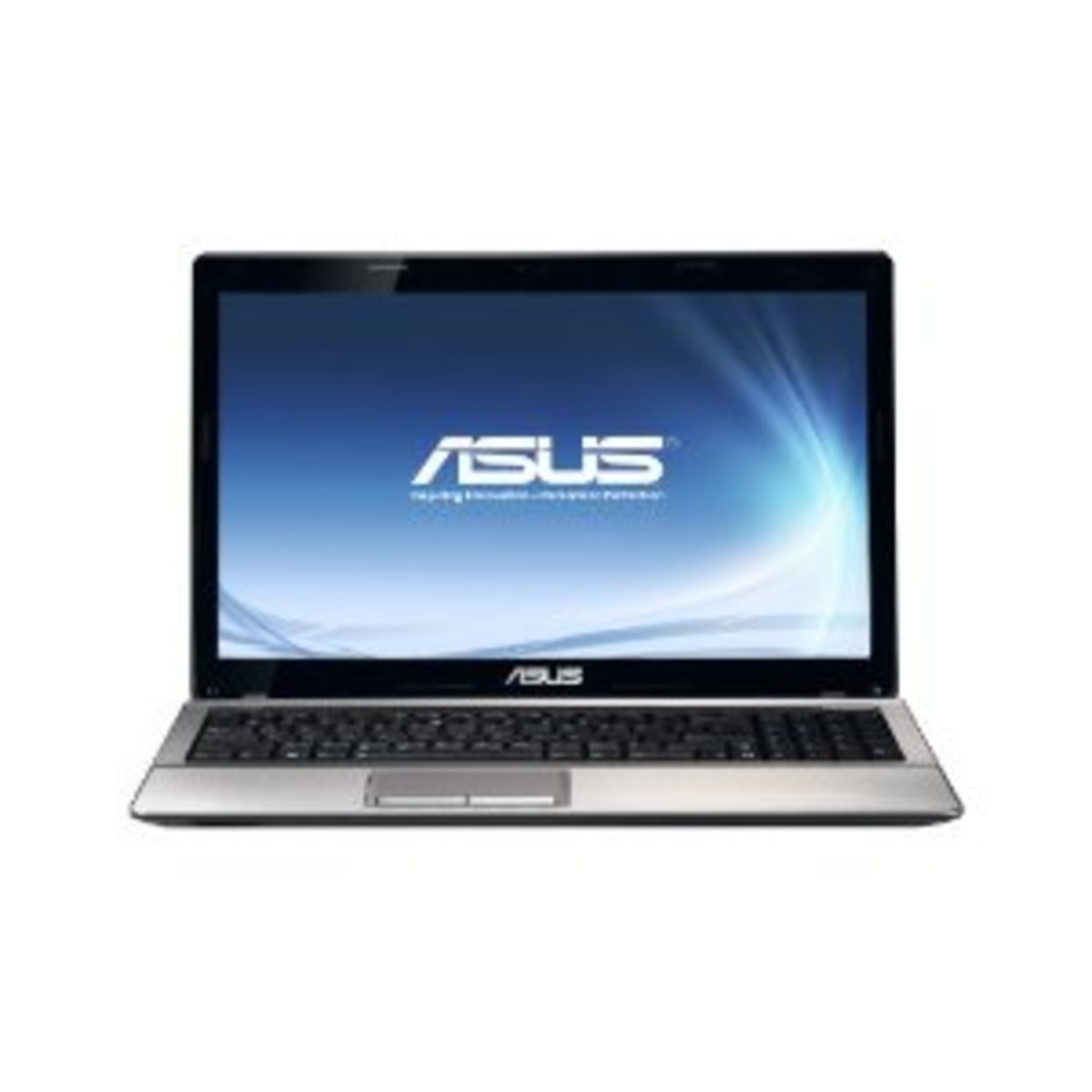PC/Laptop Buyers Guide For Beginners

How Do You Know Which Computer to Buy?
When deciding to buy a new PC/Laptop, the two most important things to consider are;
1) How good the PC/Laptop needs to be to meet your needs
2) Does the offers represent good value
Attempting to buy a computer can be intimidating and the copious jargon, gobbldygook and random numbers that you are bombarded with is enough to put off anyone.
Below you will find a brief explanation of what the individual components of a computer do and whether you are likely to need them and what the boggling names and numbers mean about the quality of the part, after all there is no point buying a NASA style PC, just to type a word doc and check your emails and similarly if you want to play the latest games, you might find yourself a bit lacking with a cheap pc or one designed simply for publishing.
In order to establish whether or not a deal is a good one or not, you must first establish what exactly it is thats included and then you can start to compare a few different deals to make sure that somebody isn't attempting to exploit your lack of knowledge and rip you off.
1 - HDD (Hard Drive) - this is where your data is saved, a 20gb hard drive is generally the smallest hd you will come across and a certain percentage of this is immediately taken up by your operating system (windows normally)
2- Ram - ram contributes towards the speed of running things, it is sometimes also referred to as 'memory'. The two main specifications of ram are its memory capacity which liked hdd's is measured in mb (megabyte) and gb (gigabyte), any memory that is under a gigabyte (I.e measured in megabytes) is considered to be quite low these days but saying that, it would be wholly capable to cope with a couple of running programs at a time, such as Microsoft word or PowerPoint and playing video's and DVD’s. A 2gb stick of ram is generally sufficient to play most games, however those who take It seriously are opting for up to 8gb of ram The second specification of ram is its 'frequency', this is measured in Hz (hertz), this can be the speed that the data is sent. Ram will also have another specification related to its frequency in addition to its Hz figure, you may also see the initials DDR next to it and followed by a number, and the rule is the higher the DDR number is, the better it is. To give you some perspective... DDR2 is twice as good as DDR1, as it sends twice as many data packets at once and therefore DDR3 is then 3x better than DDR1
3 - CPU - this stands for 'Central Processing Unit' which sounds important and that's because it is. It also determines the speed at which programs are ran and information is processed. It too is measured in Hz (hertz) but you will always see it represented as GHz (gigahertz). Once again, the higher the number, the greater it is. Anything 1.0ghz and under is pretty much obsolete now and anything under 2.0hz is considered slow but once again by far sufficient to run basic programs.
4 - PSU - stands for power supply unit, it is measured in watts and a basic pc will only need around 400w, however the better and number of ram, hard drives and graphics cards... The more power you will need to run them, therefore a PSU of greater wattage, if your buying a ready made pc then you generally have little to worry about, as the wattage will already be what you need, however when building or upgrading a pc, you may have to be careful to make sure you PSU will be powerful enough to run it. P.s neon glows are a gimmick and do not mean a PSU is better, however it can look good in terms of colour coordination.
5 - GFX Card (Graphics Card) - this stands for graphics card, this is basically how well your computer will be able to display things, pc's typically have inbuilt graphics cards that are sufficient to run at a basic level, however if you want to play newer games, you will need to pick a better graphics card. Choosing a graphics card is pretty much like choosing your ram. The higher the DDR the better and the higher the frequency the better, it also has a stat for 'clock speed', once again; the higher speed the better. To even be able to play newer games at all, you will need at least a 1 GB card. Some cards will boast what level of 'DirectX' they are compatible with, this is simply what level of graphics they can run, the higher the better, to game you will want a minimum of directX 10
6 - mobo (Motherboard) - this stands for motherboard and is a little more complicated to chose or say which is better. The motherboard is basically the main part of the whole pc, the main chipboard that the rest of the pc components attach to. If you are buying a pre-made pc, you need not worry, however if your building one, you need to make sure your parts are compatible with the motherboard, you will not be able to run DDR3 ram on a DDR1 motherboard, read reviews and be certain before you buy. Motherboards may also be judged on their 'bus speed', once again, the higher the better.
7 - DVD writer - this can be used to transfer material from your pc to a disk; it can also be used to make backup copies of existing disks music, games, films etc. Not all computers come with a DVD player so check before hand
8 - Sound card - most computers have sound built into the motherboard but this is likely to be a basic sound quality, if your serious about music and sound recording etc, then you might want a good sound card.
9. Wireless adaptor - without this you will not be able to access WIFI


